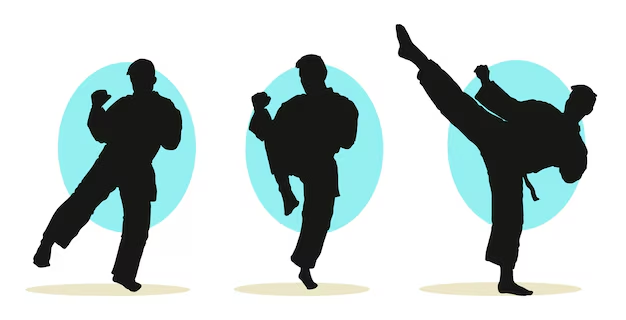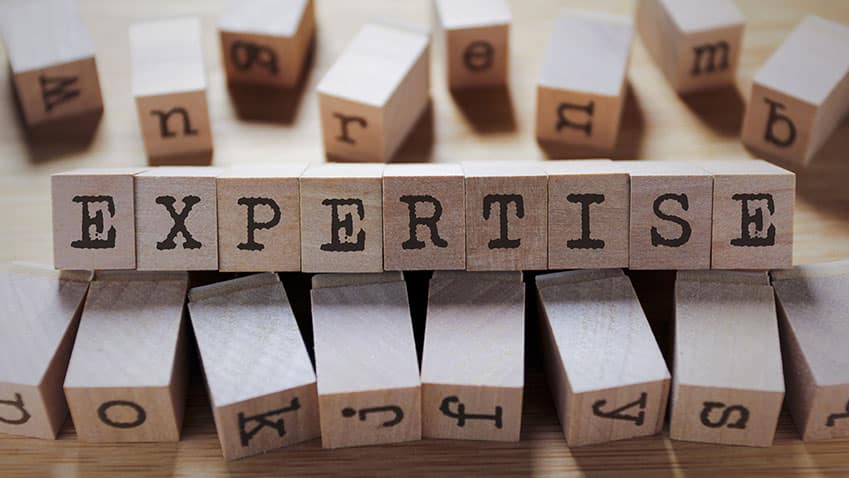It’s that time of year when we are recruiting for next year. The process is always an interesting one; and especially when we are in a position of further growth in numbers so we can take on many outstanding educators from around the world. We are midway through the process, so there is some way to go before we have a final line-up, but I can confidently say that we will be welcoming some more exceptionally talented teachers next year.
One thing that often comes up in interviews and applications is the need to link what we do in schools ‘to the real world’, and it’s always a phrase that I like to explore when I hear it. As hard-working professionals in a demanding environment my colleagues and I often wonder what fantasy world we inhabit, if it is not the real world, but of course we know what ‘the real world’ means in the context of education. It means that we do not teach simply a set of arbitrary and pointless facts that have no meaning outside the school. Focusing on the academic side of things, for a moment, we no longer teach how to use slide-rules, for example. This raises quite a complex issue; because we can say that slide-rules have no use anymore, but other areas are less obvious. Is there any point learning a foreign language when we have Google Translate? Is there any point in learning mental arithmetic in the age of calculators? Should we teach how to read a map now we have GPS? Or should education in the digital age be simply about how to process information and not be bound to any particular skills and facts?

It turns out that the answer to this is quite simple; that yes, we do need to teach students to process information and develop skills, but that this can often best be done through learning traditional matters in a creative and thoughtful way. I hope you will see this when you talk to your children about what they do at school. So we can learn about pattern-recognition and choosing the best strategy through arithmetic; we can begin to understand alternative ways of viewing the world by learning other languages; and we can help our visualisation skills through simple navigation. So the answers to the questions above are yes, yes, yes and no. The real world (as far as education goes, at least) is not so radically different from the real world of a few decades ago as is sometimes claimed, and modern science is now developing some fascinating insights into what works and what doesn’t; and it does not fall neatly into old and new.
So we seek the best of the old and the best of the new; to retain traditional virtues of ‘knowing a lot of stuff’, but to infuse this with a progressive, critical spirit of inquiry.


